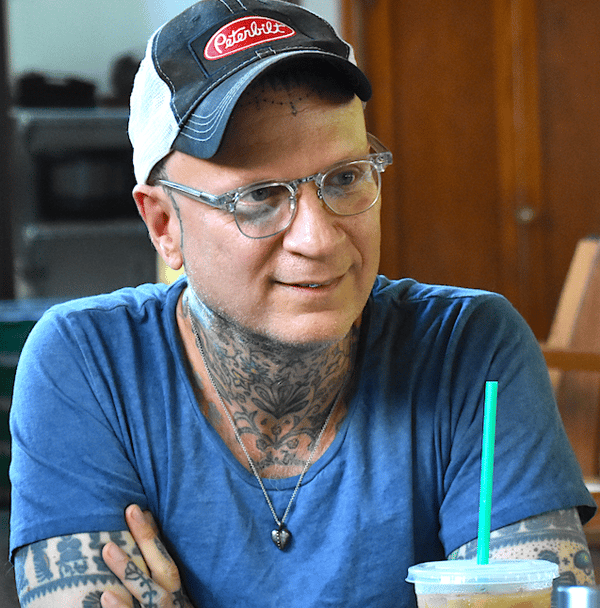memory reconsolidation—the intersection of a core buddhist insight practice with contemporary neuropsychology
Dharmapunx NYC
josh korda
4.8 • 886 Ratings
🗓️ 26 March 2018
⏱️ 60 minutes
🧾️ Download transcript
Summary
Transcript
Click on a timestamp to play from that location
| 0:00.0 | Tonight I'm talking about an integration of contemporary neuroscience and some therapeutic trends and I'm going to be integrating that with some very |
| 0:19.2 | early Buddhist teachings and the goal will be to give us tools to address old irrational behavior |
| 0:26.5 | patterns and we'll talk about where they stem from and hopefully how they are changed. |
| 0:37.0 | We'll give you a tool in the meditation which will follow the talk to actually put it into practice so you can do it for yourself. |
| 0:46.9 | So because we are all as adults, so left brain thought-centric, we tend to find it very odd that so many of our behaviors at times can seem not only compulsive and |
| 1:09.4 | difficult to control but can even seem wholly to a |
| 1:14.0 | degree irrational self-sabbataging getting in our way. |
| 1:19.0 | And it almost feels sabotaging, getting in our way. |
| 1:48.9 | And it almost feels like there's this at times this force in us that is trying to almost get in the way of our growth, of our ability to embrace life and enjoy our connections and to take up opportunities. I'm talking about things such as obsessive worrying, insomnia, procrastination, conflict avoidance, panic attack, |
| 1:58.4 | binging, the rituals of obsessive compulsive disorder, the preoccupation of anxious attachment, |
| 2:07.0 | and so on. There's so many behaviors that we can have that are not under our control. |
| 2:23.0 | And that entirely makes sense because, of course, the brain is not singular hemispheric, It's actually bilateral. We have left and right brains. And moreover, we have two completely different kinds of memory systems and behaviors. |
| 2:46.9 | One memory system is explicit. |
| 2:50.8 | Explicit memories are those memories that you can recall when somebody asks you at will and |
| 2:58.9 | then when you don't want to think about them you can put them away. Their stories that you tell about previous relationships, previous work, previous events |
| 3:10.1 | in your life, and you can string them into a sequential episodic narrative and then when |
| 3:17.0 | you're done telling the story you can file it away and it doesn't really come up unless you, this memory doesn't come up unless you choose for it to do so. |
| 3:29.0 | So it's volitional. |
| 3:31.0 | And then we have of course explicit behaviors which are actions that we choose to take. |
| 3:37.0 | You might choose whether or not to have a certain kind of or when to eat or what to eat. There might be certain choices |
| 3:48.4 | we make to override one decision with another decision and so forth and these choices we make are not driven |
| 3:57.0 | they're not compelled they're not there's something that we can weigh and we can discuss with others and integrate other people's |
... |
Please login to see the full transcript.
Disclaimer: The podcast and artwork embedded on this page are from josh korda, and are the property of its owner and not affiliated with or endorsed by Tapesearch.
Generated transcripts are the property of josh korda and are distributed freely under the Fair Use doctrine. Transcripts generated by Tapesearch are not guaranteed to be accurate.
Copyright © Tapesearch 2025.

